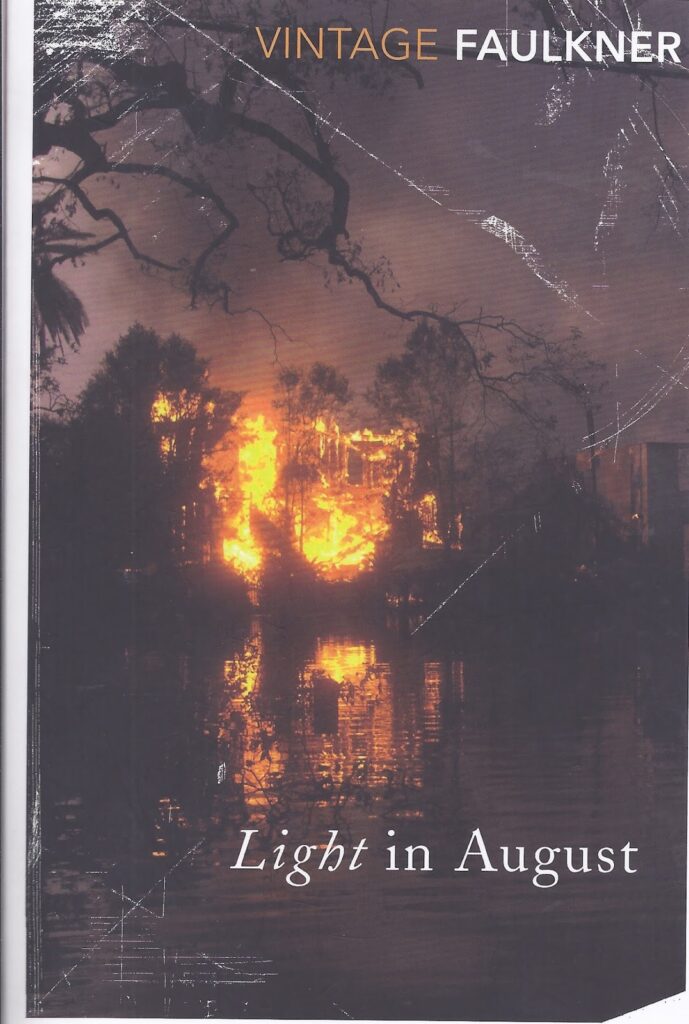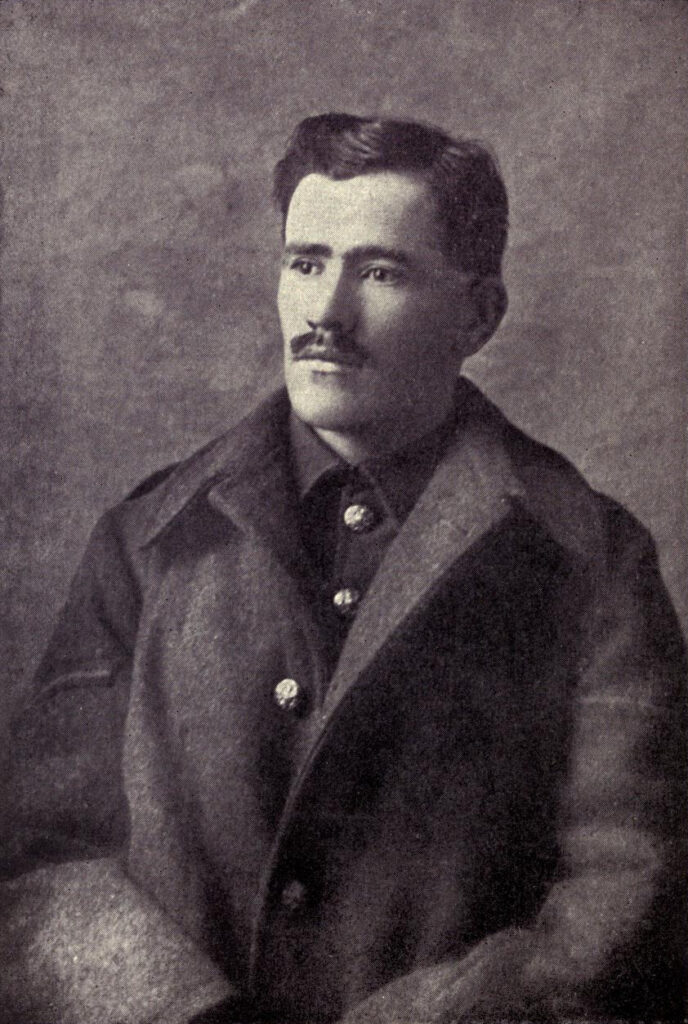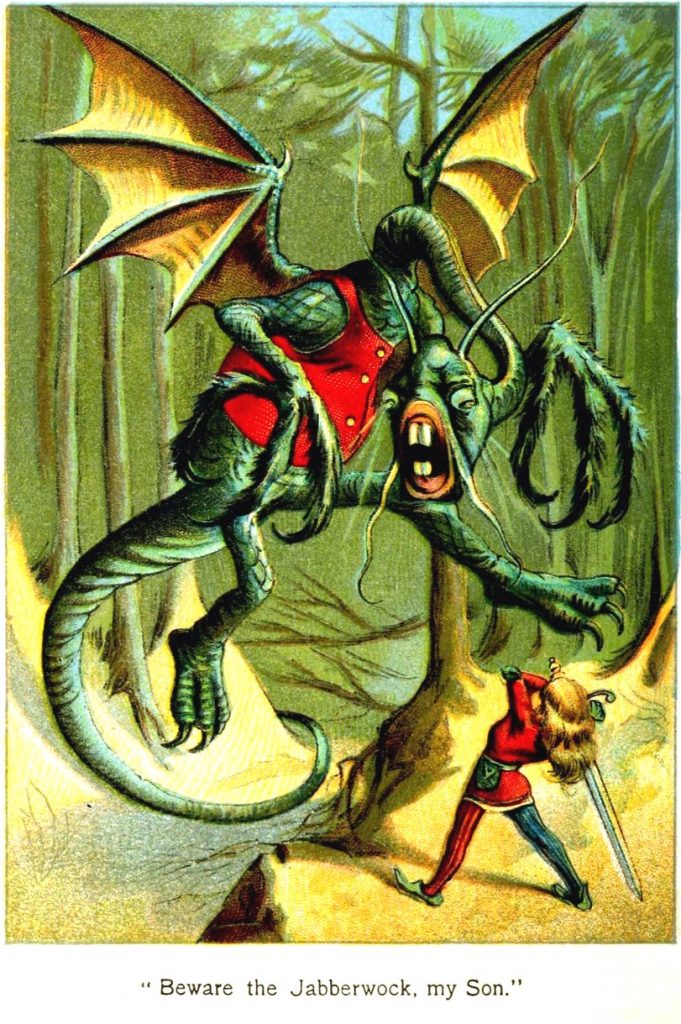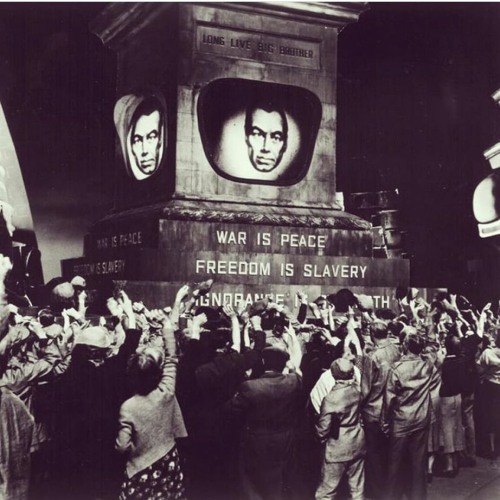Note: If you wish to receive, via e-mail, (1) my weekly newsletter or (2) daily copies of these posts, notify me at rrbates1951@gmail.com and indicate which you would like. I promise not to share your e-mail address with anyone. To unsubscribe, send me a follow-up email.
Thursday
I reflect today upon why I have become riveted by William Faulkner this past year. My fascination started with Intruder in the Dust, moved on to Absalom, Absalom! (which I first read in a Carleton College English class), and has concluded with Sanctuary, Sound and the Fury, and Light in August. (I gave up on The Reivers because it seemed too lightweight.) I think the fascination has something to do with the racism that saturated the rural Tennessee environment in which I grew up, which sent me fleeing to a college close to the Canadian border when I turned 18.
To be sure, as a child I didn’t witness anything resembling the horrific acts recounted in Faulkner’s books. Because it is a university town, Sewanee was cushioned against racism’s worst excesses; the racism there was gentile, not violent lower class. Still, Sewanee was less than 20 miles from Estill Springs where, a mere 36 years before we arrived (which was in 1954) there had been a horrific lynching: a mob first tortured Jim McIlherron and then burned him alive. And throughout my childhood there was still an unofficial sunset provision in the county five miles from us (“no n— after sundown”). Also, we’re not far from Birmingham, Alabama, the church bombing there having occurred when I was 12.
Anyway, I grew up hearing the n-word daily. Some of my playmates would refer to the Black section of Sewanee as n—town, and there was a white girl with large lips that I remember being referred to as n—lips. I also recall non-stop n-jokes.
Some of this was still going on when I returned to the area prior to enrolling in graduate school. For instance, the publisher of the Winchester Herald-Chronicle—I was a reporter there in 1974-75—used the n-word daily. (I remember him being bitterly disappointed when Muhammad Ali defeated George Foreman.) I wince every time that I hear the word, which means that I wince non-stop through Faulkner’s novels.
But for that reason, I feel that there’s something important to learn about the culture I grew up in. So I wince and read.
I’ve written in the past about my view that, while Faulkner himself was a racist, his novels are not, and this is nowhere so true as Light in August, which I finished last week. In dissecting his own culture, the author shows that the racial distinctions upon which people base their entire identities are paper thin. The very fact that they use the n-word without thinking—the way one breathes without thinking—makes anything that disturbs their comfortable certainty feel cataclysmic. Joe Christmas disturbs that certainty.
That’s because his racial identity is unclear. His mother is knocked up by a circus performer traveling through the area, but whether he is a Mexican or a Black man or a dark-skinned White man is never thoroughly established. By the standards of the American south, a Black father would make Joe Black, but Faulkner keeps it vague. Joe’s grandfather, however, has no doubts. Crazed by his fear of miscegenation, he won’t let a doctor administer to the mother, with the result that she dies in childbirth. Then he spirits the child away to a White orphanage.
White enough to pass, Joe grows up not knowing whether he’s Black or White and this uncertainty, which messes with his society’s racial certainties, messes with his own sense of himself as well. For parts of the book, he is at war with himself.
As long as the white community thinks he’s White, they are only mildly scandalized when he starts sleeping with a woman in the area. It’s a bit worse when he kills her, but even that is at a whole different level from when they conclude that he is Black. At that point, it’s “a Black Man has killed a White woman!” and everyone, now knowing where they stand, goes into a frenzy. By having been racially ambiguous, Joe challenged their categories, but now they can engage in self-righteous and horrific acts.
One of those outraged is 25-year-old Percy Grimm, a member of the civilian military, who, upon Joe’s arrest, sets himself up as a guardian of the peace. Faulkner could be describing any number of our own fascist paramilitaries, who have been flourishing since the Obama presidency and who, encouraged by Trump (I’m thinking here of the Proud Boys and the Oath Keepers), were willing to invade the Capitol to keep him in office. Like Grimm, they feel a sense of validation when someone in authority gives them legitimacy:
It was the new civilian-military act which saved him. He was like a man who had been for a long time in a swamp, in the dark. It was as though he not only could see no path ahead of him, he knew that there was none. Then suddenly his life opened definite and clear. The wasted years in which he had shown no ability in school, in which he had been known as lazy, recalcitrant, without ambition, were behind him, forgotten. He could now see his life opening before him, uncomplex and inescapable as a barren corridor, completely freed now of ever again having to think or decide, the burden which he now assumed and carried as bright and weightless and martial as his insignatory brass: a sublime and implicit faith in physical courage and blind obedience, and a belief that the white race is superior to any and all other races and that the American is superior to all other white races and that the American uniform is superior to all men, and that all that would ever be required of him in payment for this belief, this privilege, would be his own life. On each national holiday that had any martial flavor whatever he dressed in his captain’s uniform and came downtown. And those who saw him remembered him again on the day of the fight with the ex-soldier as, glittering, with his marksman’s badge (he was a fine shot) and his bars, grave, erect, he walked among the civilians with about him an air half belligerent and half the self-conscious pride of a boy.
When Joe escapes from prison, Grimm gets his glory moment, first shooting and then castrating him:
When they approached to see what he was about, they saw that the man was not dead yet, and when they saw what Grimm was doing one of the men gave a choked cry and stumbled back into the wall and began to vomit. Then Grimm too sprang back, flinging behind him the bloody butcher knife. “Now you’ll let white women alone, even in hell,” he said.
Faulkner helps me make sense of what was going on in my world as a child—how, beneath seemingly innocuous daily life was a deep evil. Skin color in the United States defined a lethal caste system that gave every White immigrant—the wretched refuse of Europe’s teeming shores—automatic status. As a poor Irish or Italian or Slav, you might be treated as scum, but at least you weren’t Black, and your sense of dignity became dependent on those feelings of superiority. Take that away and you could feel like you were nothing. As President LBJ once put it, “If you can convince the lowest white man he’s better than the best colored man, he won’t notice you’re picking his pocket. Hell, give him somebody to look down on, and he’ll empty his pockets for you.”
But it’s not only my past that is drawing me to Faulkner but the present as well. The author alerts us to how racism still plays a significant role in American life. Indeed, the Confederate flag, which I see daily on Tennessee pickup trucks, has migrated north. It even made an appearance in the January 6 coup attempt.
While I don’t think racists are in the majority, they exist in large enough numbers to have an impact on our nation. Novels like Absalom, Absalom! and Light in August reveal the dynamics at work.











